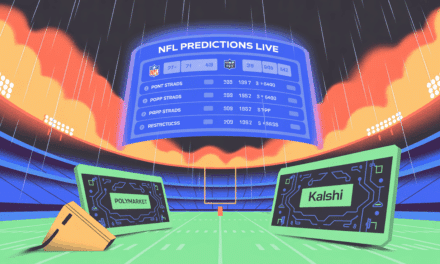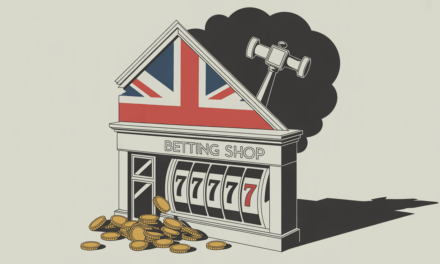Sweeping Ban Proposed: A Major Shift in Connecticut’s Gaming Landscape
The Connecticut General Law Committee has introduced Senate Bill 1235 (SB 1235), a piece of legislation that, if passed, would significantly tighten restrictions on gambling-related sweepstakes. The bill proposes a blanket ban on sweepstakes that feature « real or simulated online casino gaming or sports wagering », making participation in such activities a Class D felony. Additionally, SB 1235 seeks to prohibit lottery ticket courier services, a move that could impact online lottery sales and accessibility for Connecticut residents.
Cracking Down on Loopholes in Sweepstakes Gaming
Connecticut has already demonstrated a tough stance against sweepstakes-based gaming. It was among the first three states to issue a cease-and-desist order against Virtual Gaming Worlds (VGW), a dominant player in the sweepstakes casino sector, prompting the company’s withdrawal from the state. However, despite this action, not all sweepstakes casinos and sportsbooks currently exclude Connecticut players in their terms of service. SB 1235 aims to close any remaining loopholes by providing a comprehensive legal framework for enforcement.
High Chances of Passage? The Context Behind the Bill
Unlike legislation spearheaded by an individual lawmaker, SB 1235 was introduced by a full legislative committee, a factor that typically signals strong institutional backing and a higher likelihood of passage. Moreover, Connecticut is one of the few states where both iGaming (online casino gaming) and online sports betting are fully legalized and regulated. Given the state’s vested interest in maintaining its tribal-state gaming compacts, the bill could serve to protect existing licensed operators from unregulated competition.
Potential Ripple Effects: California and Florida as Next in Line?
The Mashantucket Pequot Tribe and the Mohegan Tribe—Connecticut’s dominant gaming stakeholders—hold substantial influence over the state’s gambling landscape, alongside the Connecticut State Lottery. If SB 1235 is enacted, it could serve as a legislative blueprint for other states with tribal gaming revenue-sharing agreements, particularly California and Florida.
Both states already prohibit gambling-related sweepstakes, but their laws lack the precision found in SB 1235. If Connecticut successfully codifies a clear, enforceable ban, California and Florida could follow suit, further tightening restrictions on sweepstakes-based gambling models that operate in legal gray areas.
New Legal Liabilities: Deceptive Trade Practices and Civil Remedies
Beyond its criminal penalties, SB 1235 also designates casino-themed and sports betting-themed sweepstakes as deceptive and unfair trade practices. This provision could prove particularly consequential by making it easier for consumers and state authorities to take civil action against companies that continue to operate such promotions. The bill essentially provides a legal mechanism for Connecticut residents to pursue damages, significantly raising the stakes for any businesses that attempt to circumvent the law.
The Risks and Opportunities: A Double-Edged Sword for Connecticut’s Gaming Industry
While proponents argue that SB 1235 will protect consumers from unregulated and potentially exploitative sweepstakes models, critics warn of unintended consequences. One concern is that sweepstakes-based platforms often serve as entry points for new players, many of whom may later transition to state-regulated iGaming and sports betting platforms. By outlawing these operations outright, Connecticut risks losing potential tax revenue that could have been captured through a more nuanced regulatory approach.
On the flip side, the bill could create an opportunity for licensed gaming operators and tribal casinos to further consolidate their control over the state’s digital gambling market. By eliminating unregulated competition, Connecticut’s officially sanctioned gaming ecosystem could become even stronger, ensuring that all gaming revenue remains within the legal framework and benefits state-sponsored programs.
Final Thoughts: A Pivotal Moment for Digital Gambling Regulations
As Connecticut moves closer to potentially enacting SB 1235, its impact on the broader U.S. gaming industry will be closely watched. If passed, this bill could set a precedent for other states looking to tighten their grip on gambling-themed sweepstakes.
For now, the fate of SB 1235 remains uncertain, but one thing is clear—the debate over online gaming regulation is far from over. Whether this bill represents a step toward consumer protection or a restrictive overreach remains to be seen, but its implications could reshape digital gambling laws far beyond Connecticut’s borders.





